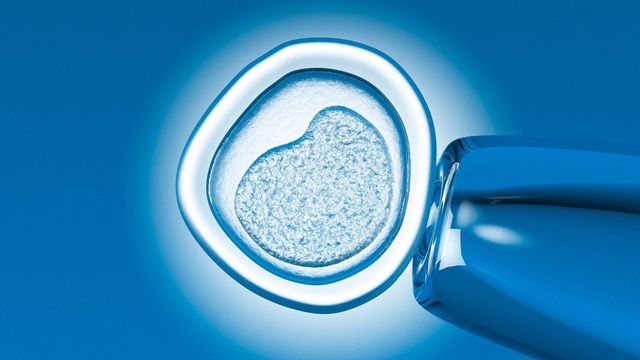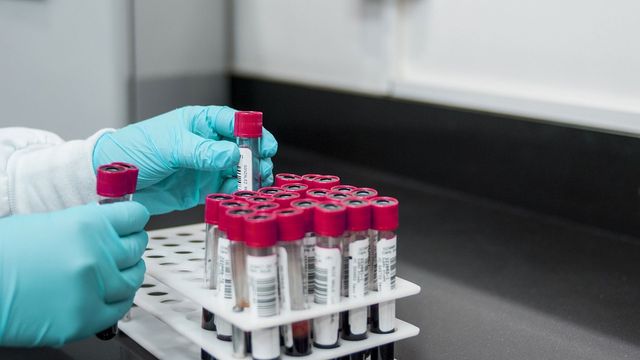Trending News
News
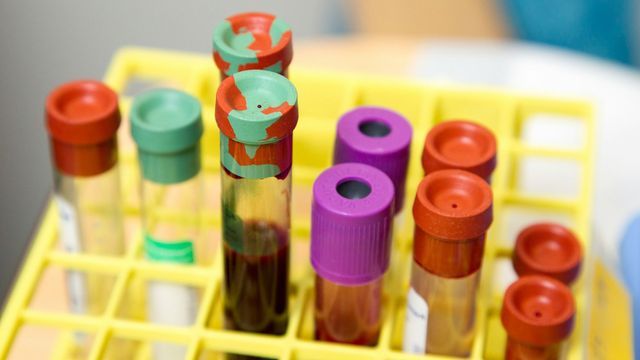
News
Cell-Free RNA "Fingerprint" Forms a Biomarker of Chronic Fatigue Syndrome
Cornell researchers developed machine-learning models that can sift through cell-free RNA and identify key biomarkers for chronic fatigue syndrome.
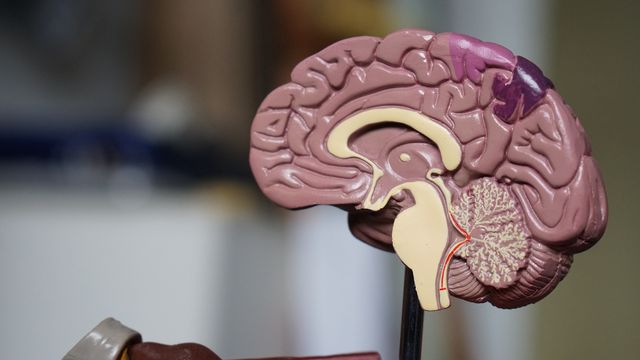
News
Aging Weakens Blood-Brain Barrier Through N-Cadherin Loss
University of Illinois Chicago researchers have uncovered how aging disrupts the blood-brain barrier, contributing to early memory decline. The team found that reduced N-cadherin signaling destabilizes occludin.
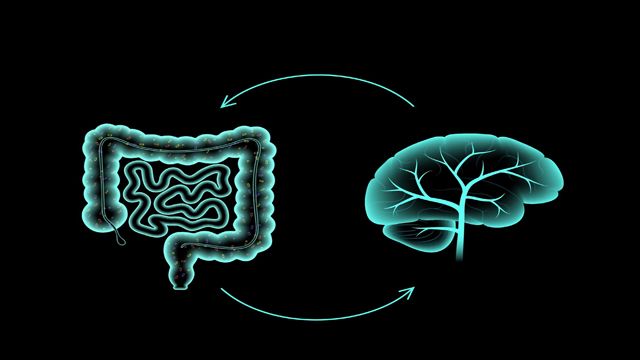
News
Stomach’s Electrical Waves Could Offer Mental Health Biomarker
Aarhus University researchers found that unusually strong synchronization between brain activity and the stomach’s slow electrical waves is associated with greater anxiety, depression and stress.

News
Male Researchers Retract More Papers Than Their Female Peers
A new global study reveals that male researchers have higher paper retraction rates than their female peers. We spoke to the lead author to find out why this could be the case.

News
Exercise May Slow or Reverse Epigenetic Aging
A research perspective links structured exercise and high fitness levels to slower epigenetic aging, measured via DNA methylation changes. Evidence from human and animal studies suggests aerobic and strength training can reduce biological age markers

News
First Specific Biomarker for Long COVID Shows Promise
Researchers detected SARS-CoV-2 protein fragments in extracellular vesicles from long COVID patients, suggesting a potential blood-based biomarker. The fragments, absent in pre-pandemic samples, may indicate lingering viral reservoirs.

News
The "Love Hormone" Is Also the "Friendship Hormone"
A new study in voles shows that the so-called love hormone, oxytocin, is also critical for the formation and maintenance of friendships.

News
Computational Method Enables Comprehensive Identification of Omega Fatty Acids
Omega-6, -7, -9, and -10 fatty acids play important roles in the metabolism of fats. A new computational technique is helping scientists detect deviations in the omega position of these fatty acids, which could signal enzyme malfunctions.
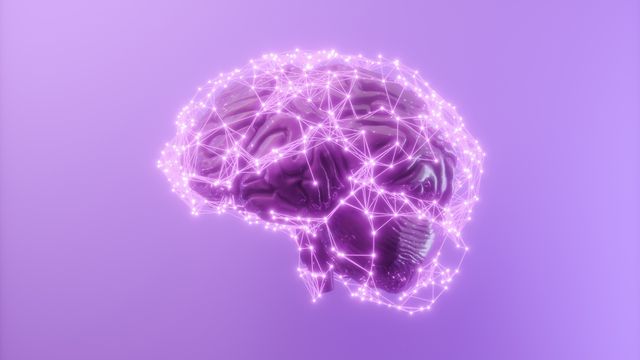
News
Early Brain Wiring May Predict ADHD Risk in Children
A Simon Fraser University study links early brain wiring to attention skills in children aged 4–7, a key factor in ADHD. Using MRI and graph theory, researchers found better focus and flexibility in kids with well-organized brain networks.
Advertisement
